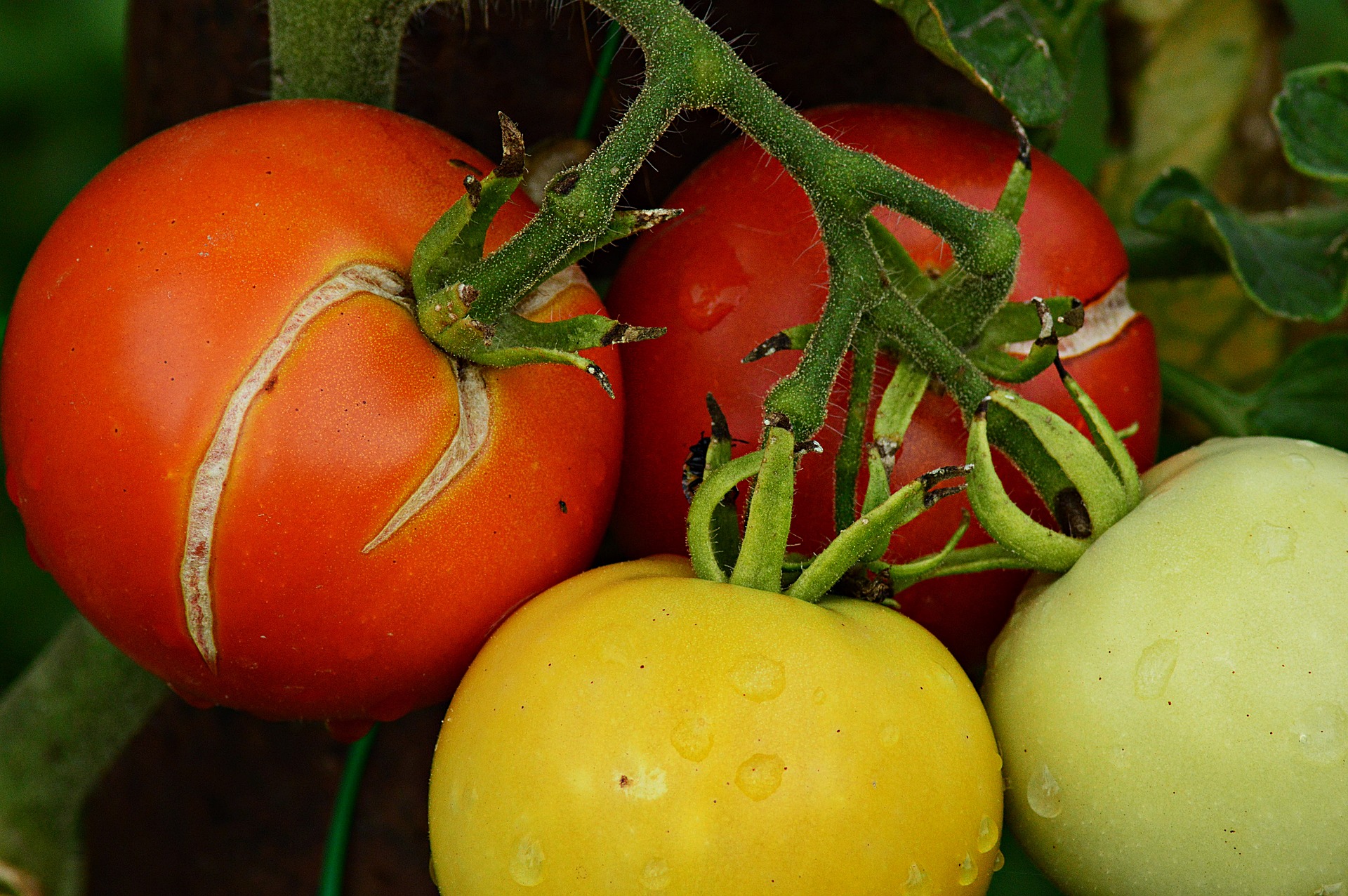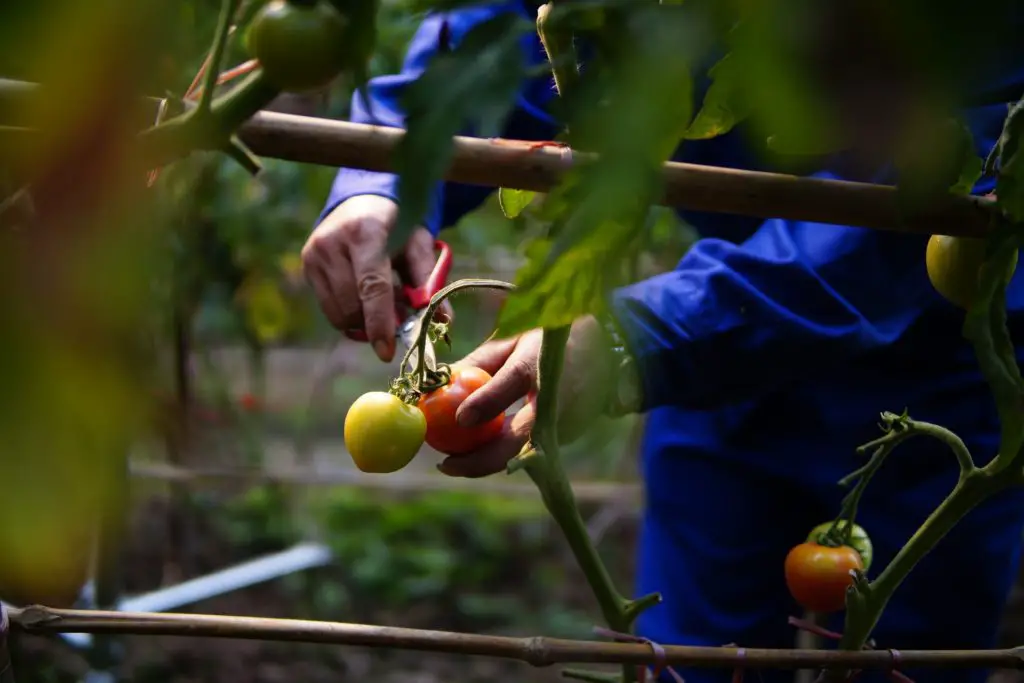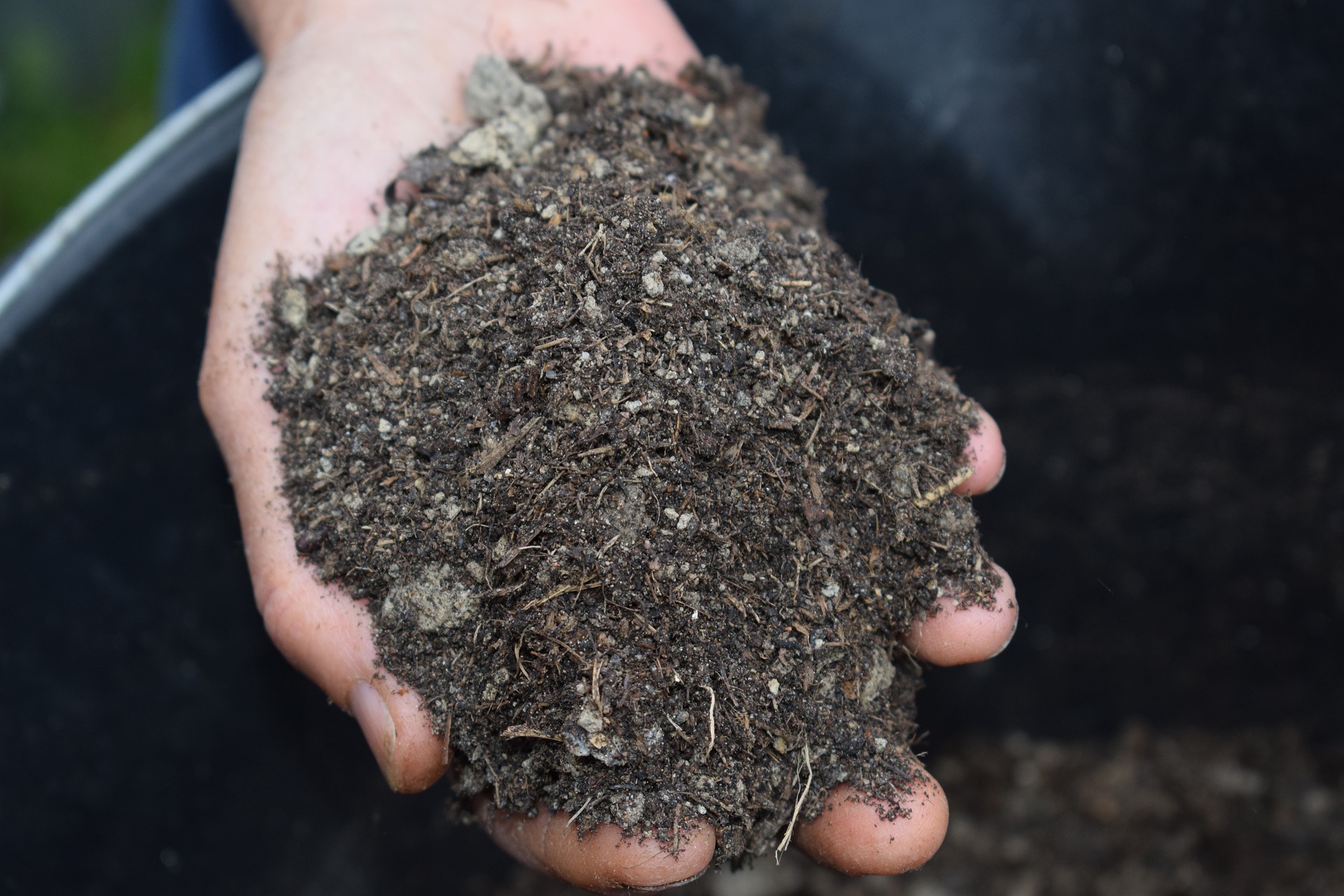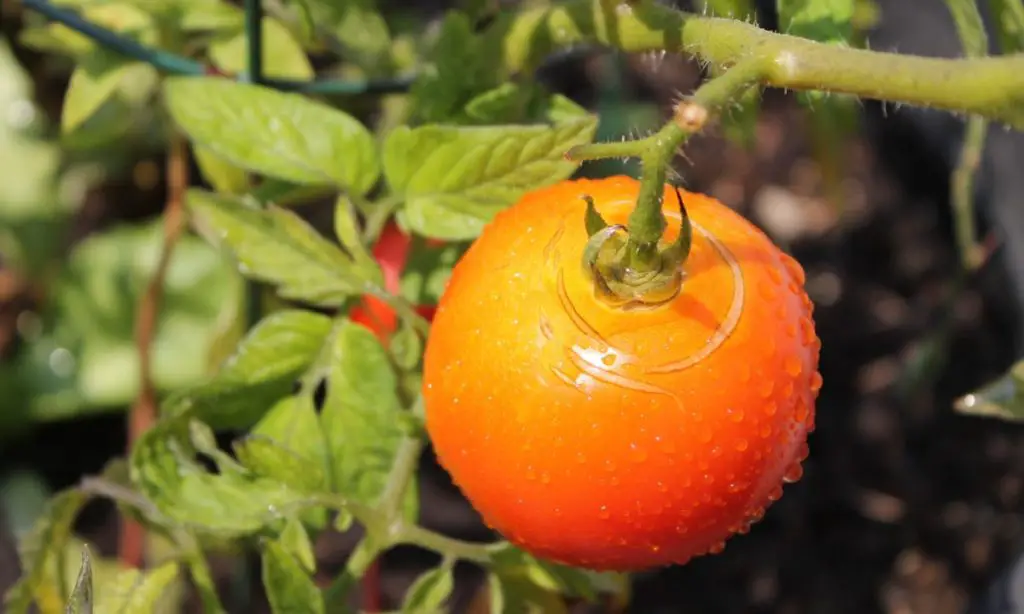Worried about the splitting of your homegrown tomatoes? Relax! We’re here to help you with that. Tomatoes are one of the most popular vegetables that are grown at the home. They can be grown in pots or in the ground, and there are hundreds of different varieties. However, at some point, almost every home gardener will run into splitting tomatoes. This happens when the tomato skin is too thin for the amount of liquid inside. Even worse, the split can often continue down into the flesh of the tomato as well. This can make the tomato inedible. In this blog, we will look at the reasons why homegrown tomatoes split and the 5 best ways to prevent tomatoes from splitting.
Table of Contents
Why Do Homegrown Tomatoes Split

This is often the most frustrating thing that can happen to a tomato gardener: a splitting tomato. It is especially frustrating if you are trying to grow the biggest tomato possible. This is not just a problem for gardeners, but also for farmers who sell tomatoes to stores, who then have to remove the split tomato from their display. So what causes this splitting problem?
There are several reasons tomatoes split. The most common reason is too much water. It is best to water the soil and not the tomato plant. Watering the plant can cause splitting because it causes the plant to stretch and then shrink, which puts pressure on the outer walls of the tomato. This can cause the walls to crack open, which will cause the tomato to split.
Best Ways to Keep Homegrown tomatoes from Splitting
Although it is impossible to always avoid splitting you may do the following to minimize the splitting of tomatoes.
Early Harvesting

The best time to pick tomatoes to avoid splitting is when there’s a chance of rain. Now is the perfect time to get a jump start on your tomato harvest before the rains pour down and ruin all of those weeks of hard work! Even if most of your tomatoes are close to the color yellow and have begun changing shades, they can still ripen on windowsills so you don’t need to feel distressed at seeing them harvested early. Early harvesting comes with the benefit of decreased chance of pests consuming your precious tomatoes! Consider picking your homegrown tomatoes early to minimize splitting.
Plant Split Resistant Varieties
Tomatoes can be grown in many regions. You can find varieties that will grow in cool climates and areas with short growing seasons. At the same time, you can grow varieties in areas that have hot summers and extended growing seasons. To get the best results, you should choose the right variety for your area and growing conditions. This will drastically reduce the splitting of your tomatoes.
Provide Organic Mulch

Provide your tomato plants with a healthy amount of mulch. Organic materials typically work better—like straw, pine needles, or bark chippings—than inorganics such as pebbles or sand. This helps maintain consistent soil moisture levels while minimizing the number of split tomatoes.
Water Regularly and Deeply
Watering the plants, particularly the vegetables is very important. Vegetables like tomatoes and potatoes need careful watering. When talking of tomatoes, they need about an inch of water per week. During the summer, you should water your tomato plants every two to three days, and when you do, target the base of the plant. The best way to do this is to water deeply so you don’t over-water which is one of the leading causes of splitting homegrown tomatoes.
Ensure Good Drainage
When talking about the best way to keep homegrown tomatoes from splitting, tomato experts will often say that proper drainage is the key. According to most experts, the tomato plant will split open if it has too much water. To prevent this from happening, it is important to avoid overwatering and to give the plant a proper root system. Tomatoes need well-draining soil that is rich in nutrients such as nitrogen and potassium.
Conclusion
We hope you enjoyed our article about how to keep homegrown tomatoes from splitting. With this knowledge, we know that you can keep your tomatoes from splitting and still enjoy delicious homegrown tomatoes! So what are you waiting for?


Pingback: 4 surprising Reasons Why you get bitter carrots - Kitchen n Gardening Pro
Very good article. I definitely appreciate this website. Continue the good work!